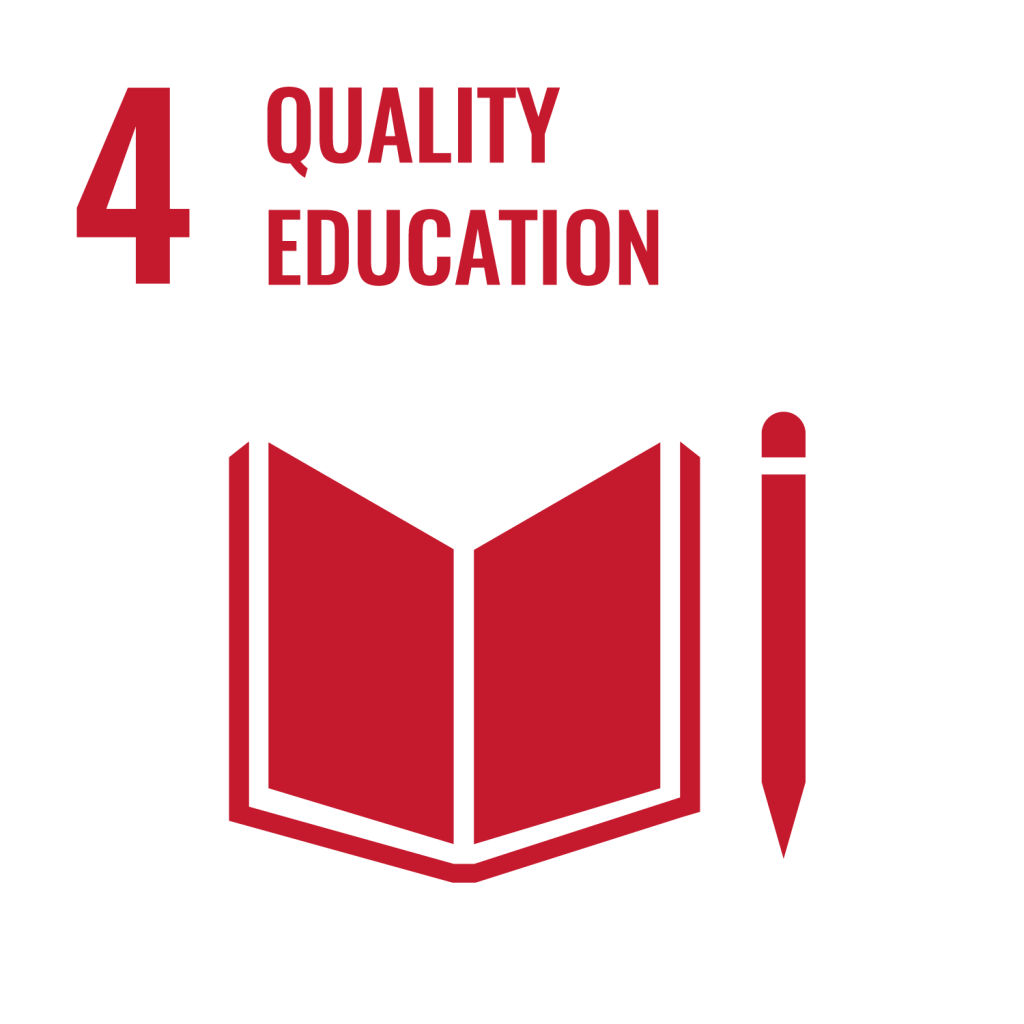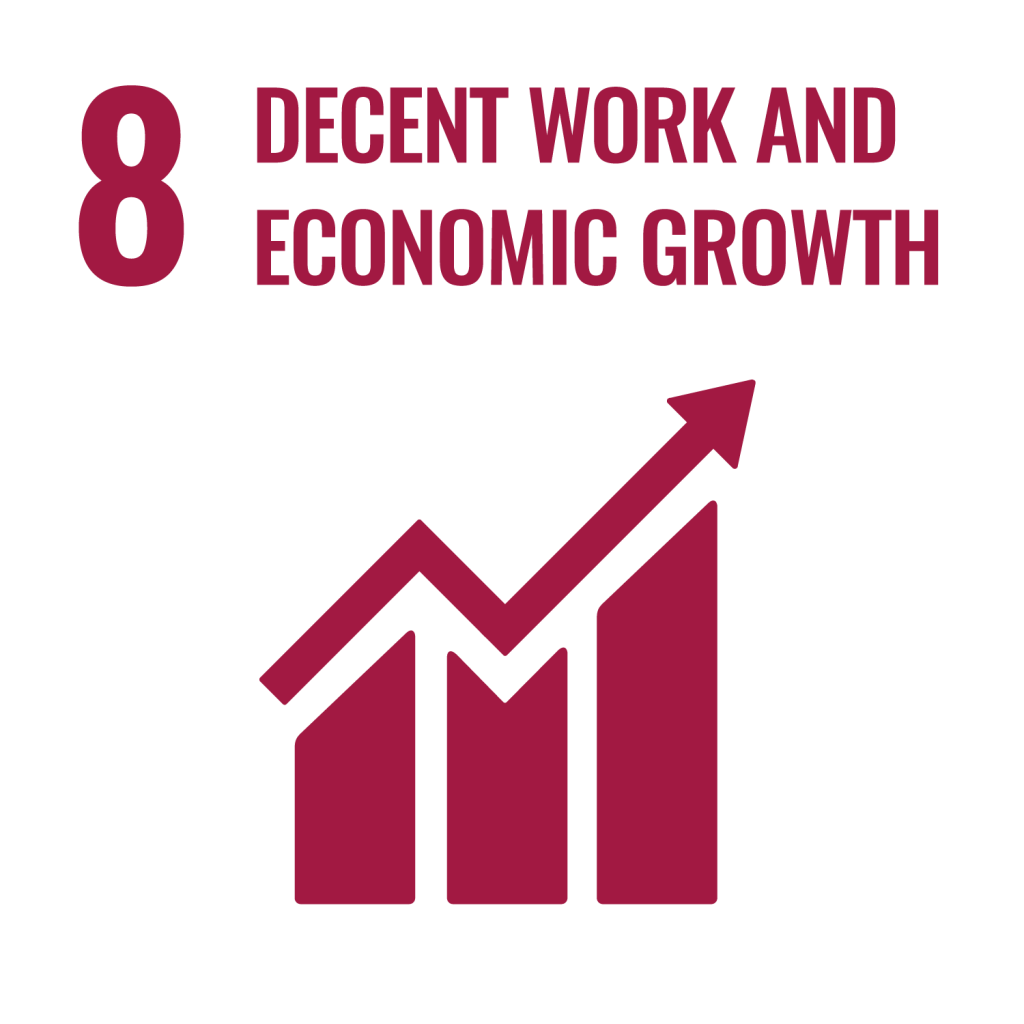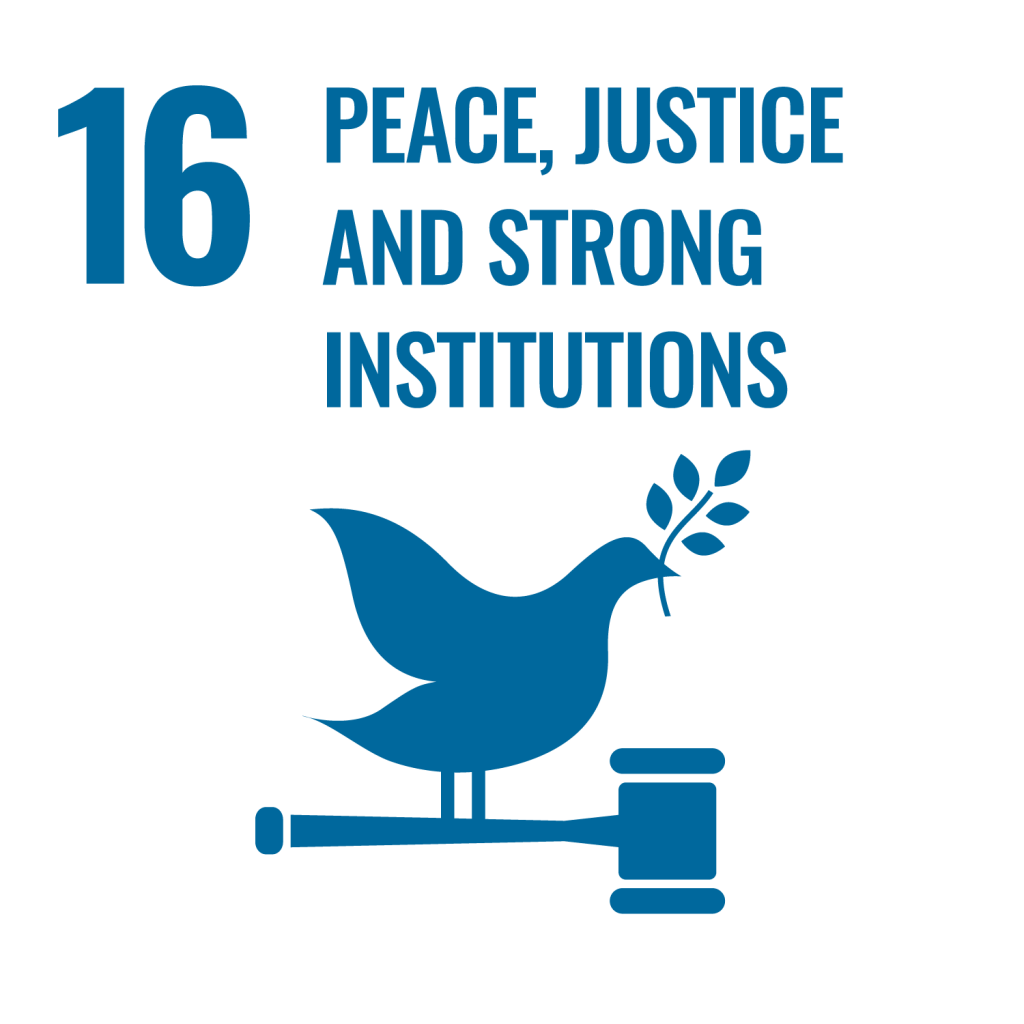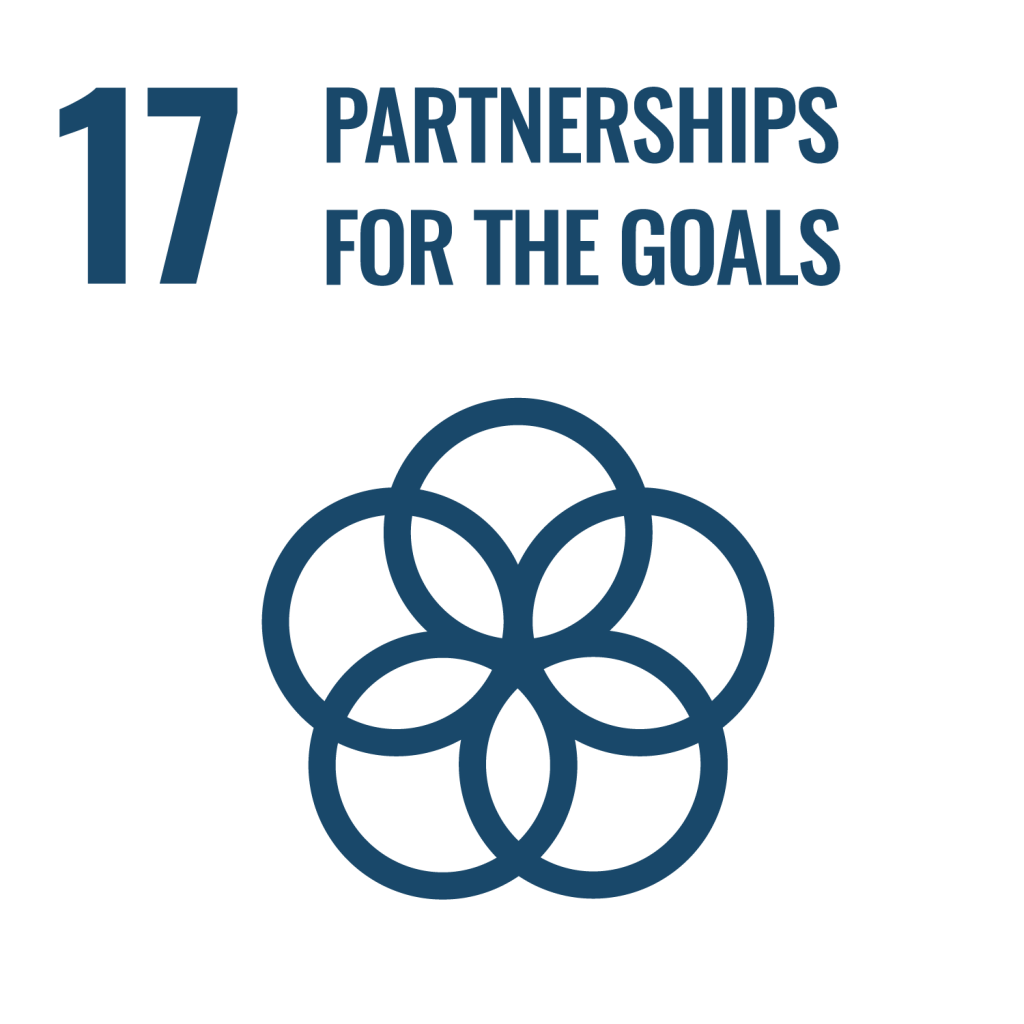Across Nigeria, justice often feels like a privilege reserved for the powerful. In a country with a robust constitution and an elaborate network of laws, the problem isn’t the absence of justice; rather, justice simply doesn’t work the same for everyone. In practice, justice tends to reflect Nigeria’s social power structures: the economically advantaged have access to lawyers, can post bail, and can leverage influence. The economically disadvantaged, by contrast, are left struggling with an opaque system, long delays, and little recourse.
When Power Defines Justice
In theory, Nigeria’s justice system is designed to protect every citizen. In practice, it often protects those who already wield power. Wealthy defendants can hire senior advocates, delay trials, or manipulate procedural loopholes. The poor, on the other hand, are frequently abandoned to overcrowded prisons, awaiting trial for years, if they ever make it to court.
This stratification by class and influence isn’t accidental. It reflects deeper structural inequalities.
The Justice Gap: Inequality, Poverty, and Mistrust
In Nigeria, the poorest people are significantly less likely to trust the courts or believe they will receive fair and impartial decisions.
Corruption, both perceived and real, adds another layer of exclusion. It raises costs (monetary and cognitive) to seek justice, especially for the poor. Lower-income Nigerians also lack knowledge about where to find legal advice or how to resolve disputes, making formal justice seem distant or unattainable.
People frequently rely on family, neighbours, or community leaders rather than courts or lawyers. This is not simply a matter of preference; these informal routes often reflect necessity, rooted in cost, distrust, or complexity.
Eroding the Social Contract
A functioning social contract depends on trust: citizens should believe that the state will protect their rights, and that institutions will apply the law fairly. But when people see that the law shields the rich while leaving the poor exposed, that trust disintegrates.
This dynamic has very real social consequences in Nigeria. For example, the survivors of gender-based violence may struggle for redress amid systemic inaction and cultural stigma.
Simultaneously, political elites accused of corruption or abuse may use legal influence to avoid accountability, while ordinary citizens are detained or silenced.
Such patterns weaken the very foundations of the social contract. Inequality before the law fuels cynicism, deepens disillusionment with public institutions, and undercuts democratic legitimacy. Research shows that many poor Nigerians perceive the justice system as slow, inaccessible, or biased, deterring them from seeking help.
The Many Faces of Inequality
Power imbalances in Nigeria’s justice system manifest on multiple axes:
- Economic inequality: Wealth determines who can afford legal representation or even access basic mechanisms for justice.
- Gender inequality: Women and girls, especially in rural or underprivileged communities, often lack access to legal systems that effectively address their unique needs.
- Cultural inequality: Indigenous and minority groups may find that customary justice systems are marginalized or unrecognized by formal institutions.
- Political inequality: Elite capture allows powerful political actors to shape the law, enforce it selectively, and influence who benefits from it.
In fragile or conflict-affected settings, such as areas grappling with communal violence, corruption, or weak governance, these inequalities converge, making justice not just elusive but deeply exclusionary.
Why a People-Centred Approach Matters
To correct these imbalances, a people-centred approach to justice is essential. Instead of treating reform as purely a technical exercise (building more courtrooms, passing new laws), we must begin with the lived experiences of ordinary Nigerians. Who is being left behind? Whose voices are absent from decision-making?
Reforms rooted in three core principles:
- Human rights — ensuring everyone, especially marginalized people, has meaningful access to justice.
- Participation — giving communities a role in shaping justice systems, not just in being passive recipients.
- Accountability — making institutions transparent and responsive so that they serve the public, not just the powerful.
Building Justice as a Public Good
A meaningful justice reform agenda in Nigeria must tackle both ends of the inequality spectrum: protecting ordinary citizens from systemic neglect, and holding powerful actors accountable. Here are concrete proposals:
- Support and scale community justice centres or hubs that offer accessible, local dispute resolution.
- Use data to identify recurring patterns of injustice and track progress over time.
- Ensure public transparency: publish court performance, resolution rates, and demographic breakdowns of access (by income, gender, location) to expose inequities.
- Reform legal education and legal aid: invest in paralegals, legal advice platforms, and legal-tech tools so people can understand and use their rights.
- Create community-led accountability mechanisms: citizens, civil society, and local institutions must have a say in how justice is administered and enforced.
Conclusion: Reclaiming Justice in Nigeria
Justice in Nigeria cannot remain a luxury for the powerful or a distant ideal for the poor. When power, wealth, and influence define who benefits from the law, the social contract frays, and trust erodes. But reform is possible if we centre the experiences of real people, hold institutions accountable, and build systems that serve everyone, not just a privileged few.
A people-centred justice system is more than a policy goal. It is a pathway toward national resilience, social cohesion, and genuine human dignity.
Authors: Joke Aladesanmi, David Abraham, Hannah Kintum






